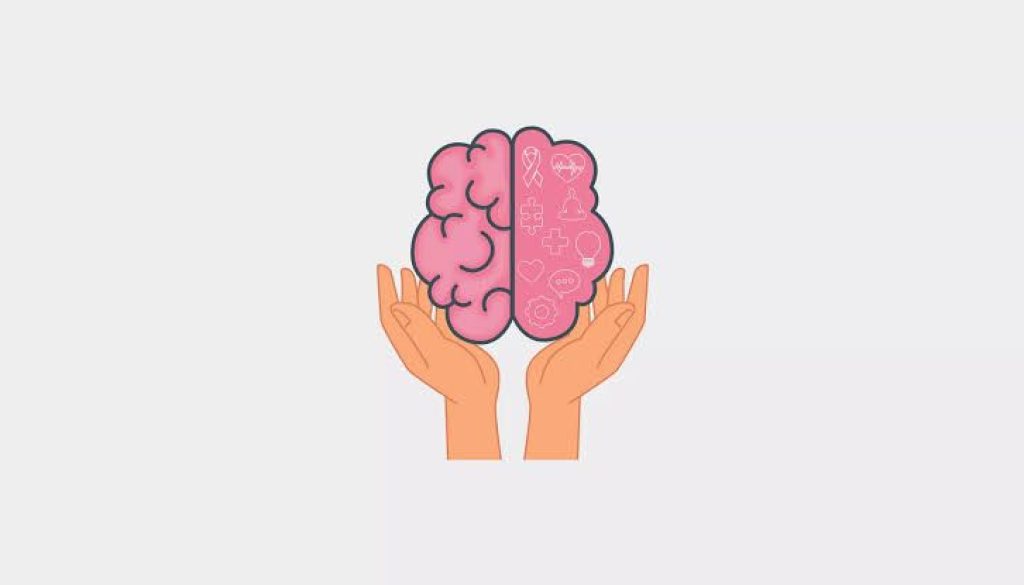Navigating Relationships with Mental Health Conditions
Mental health conditions can significantly impact relationships, affecting communication, emotional intimacy, and overall dynamics between partners, friends, and family members. Whether one partner experiences a mental health condition or both do, understanding and managing these challenges is crucial for maintaining healthy connections. By fostering open communication, empathy, and support, individuals can navigate relationships more effectively while prioritizing mental well-being.
Understanding Mental Health Conditions
Mental health conditions encompass a wide range of disorders, including anxiety, depression, bipolar disorder, and schizophrenia. These conditions can manifest in various ways, such as mood swings, withdrawal, difficulty concentrating, or changes in behavior. Understanding the nature of these conditions is essential for partners and loved ones, as it fosters empathy and reduces stigma. Education about specific mental health challenges can help individuals recognize the signs and symptoms, making it easier to provide support when needed.
The Importance of Communication
Open communication is a cornerstone of any healthy relationship, and it becomes even more critical when navigating mental health challenges. Individuals with mental health conditions may struggle to express their feelings or needs, leading to misunderstandings and frustration. Encouraging honest conversations can help partners articulate their emotions and experiences. Setting aside dedicated time to discuss feelings and concerns in a non-judgmental environment fosters trust and connection.
It’s essential for both partners to be willing to listen actively. For the partner with a mental health condition, sharing their experiences can help demystify their struggles. For the other partner, expressing feelings of confusion or helplessness is equally important. This reciprocal communication creates a safe space for both individuals to feel heard and understood.
Establishing Boundaries
Navigating relationships with mental health conditions often requires establishing healthy boundaries. This can include recognizing when one partner needs space or support and when the other partner may need to step back. Setting boundaries helps prevent feelings of overwhelm, burnout, or resentment. It is important to communicate these boundaries clearly and revisit them regularly, as they may need to change over time based on the individuals’ needs.
For example, if one partner requires time alone to manage anxiety, the other partner should understand this need and avoid taking it personally. Likewise, if one partner feels drained by providing support, they should communicate this openly to ensure both individuals feel comfortable expressing their needs.
Cultivating Empathy and Support
Empathy plays a vital role in navigating relationships affected by mental health conditions. Partners should strive to understand each other’s perspectives, even if they have not experienced similar struggles. This may involve asking questions, seeking clarification, or engaging in discussions about feelings and experiences. Validating each other’s emotions helps foster a deeper connection and reinforces the idea that both partners are on the same team.
Support can take various forms, ranging from practical assistance to emotional encouragement. This may include accompanying a partner to therapy sessions, helping with daily tasks during difficult times, or simply being present to listen. Small gestures, such as checking in regularly or engaging in activities that promote relaxation and joy, can make a significant difference in both partners’ mental well-being.
Seeking Professional Help
In some cases, navigating relationships with mental health conditions may require the support of a mental health professional. Couples therapy can provide a safe space for partners to discuss their challenges, learn effective communication skills, and develop coping strategies. A therapist can offer valuable insights into how mental health conditions affect relationships and guide partners toward healthier interactions.
Additionally, individual therapy can also be beneficial. For the partner with a mental health condition, therapy provides a space to explore their emotions and develop coping strategies. For the other partner, therapy can offer tools to better support their loved one and address their own feelings and challenges.
Finding Balance
Ultimately, navigating relationships with mental health conditions requires patience, understanding, and a commitment to finding balance. Both partners should prioritize their mental well-being while remaining connected and supportive. By fostering open communication, establishing healthy boundaries, cultivating empathy, and seeking professional help when needed, individuals can build strong, resilient relationships that withstand the challenges posed by mental health conditions.
In conclusion
Navigating relationships affected by mental health conditions is undoubtedly challenging but also offers opportunities for growth and connection. By embracing open communication, empathy, and support, partners can deepen their understanding of each other and strengthen their bond. Acknowledging and addressing mental health challenges together can lead to more fulfilling, resilient relationships that prioritize the well-being of both individuals.



